Research&Trends
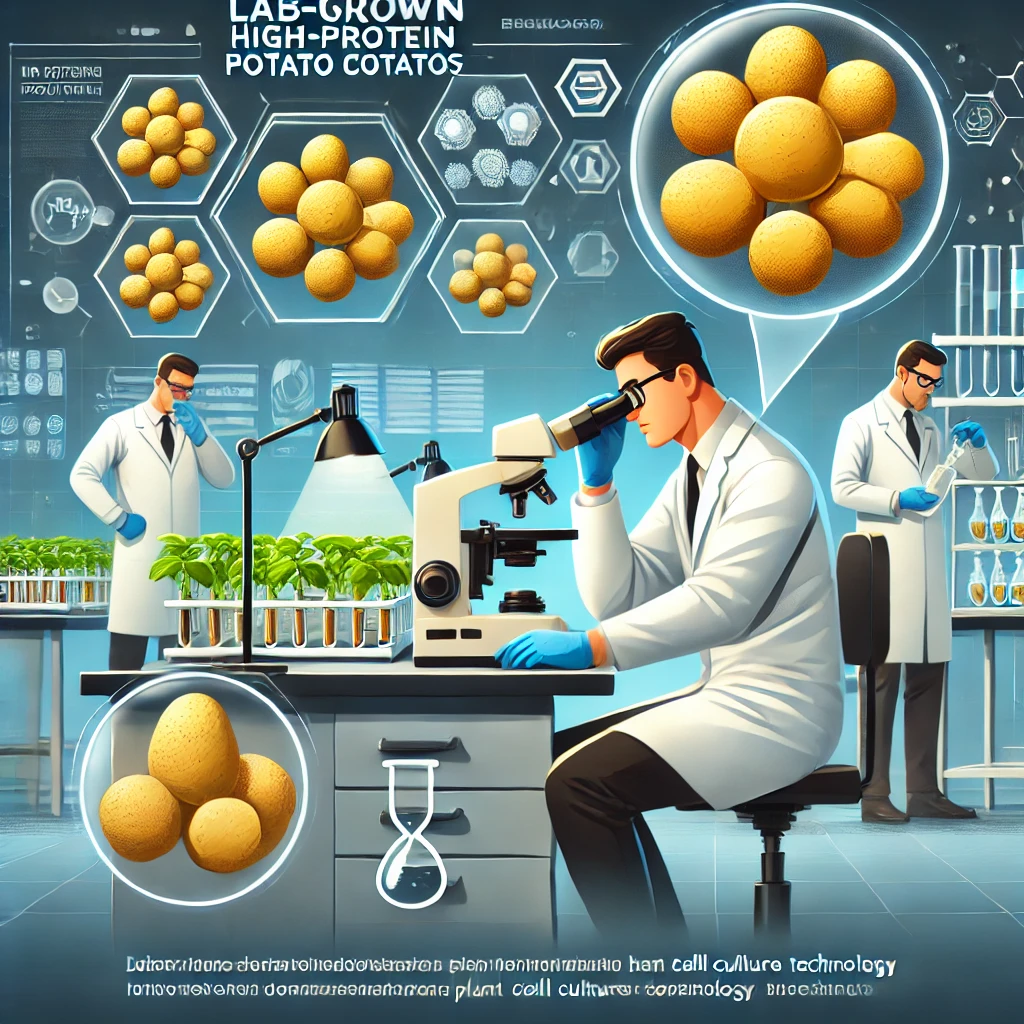
ReaGenics Innovates with Lab-Grown High-Protein Potatoes
Israeli startup ReaGenics is taking an innovative step in the food industry with lab-grown high-protein potatoes. The company has created a potato biomass with a 31% protein content using plant cell culture technology. This innovative approach holds potential for sustainable food production and offering more nutritious food alternatives.
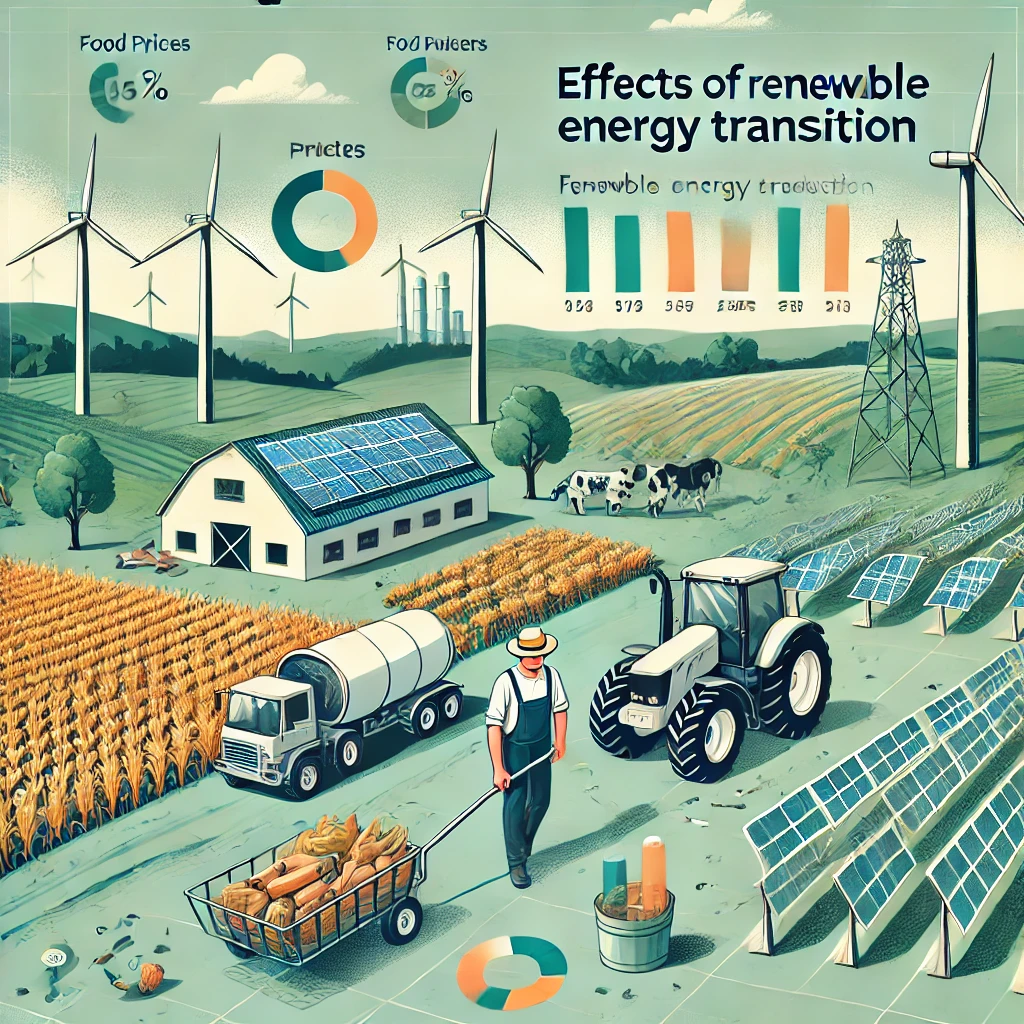
Impact of Renewable Energy Transition on Food Prices**
A new study reveals that the transition to renewable energy could lead to increased food prices and reduced agricultural production. Professor Emilson Silva, Director of the Energy Centre at the University of Auckland, and Dr. Luccas Attílio from the Federal University of Ouro Preto in Brazil analyzed data from 32 OECD countries spanning from 2000 to 2021. The study indicates that these effects are more pronounced in countries that have rapidly transitioned to renewable energy. It emphasizes the need for governments to develop more balanced policies, such as income support programs, during the energy transition.

Genomic Technologies and Fermentation: Unlocking the Future of Sustainable Food
Genomic technologies and traditional fermentation methods are coming together to unlock the doors to sustainable food. The synergy between synthetic biology and fermentation techniques enables the eco-friendly production of alternative proteins, fats, and carbohydrates. However, for this transformation to fully materialize, technical challenges must be overcome, regulatory barriers lifted, and consumers must embrace these innovative ingredients. Developing methodologies that verify the sustainability of next-generation ingredients is critical for success in this field. As precision fermentation takes center stage in future food production chains, it emerges as a key to feeding the world more sustainably and nutritiously.
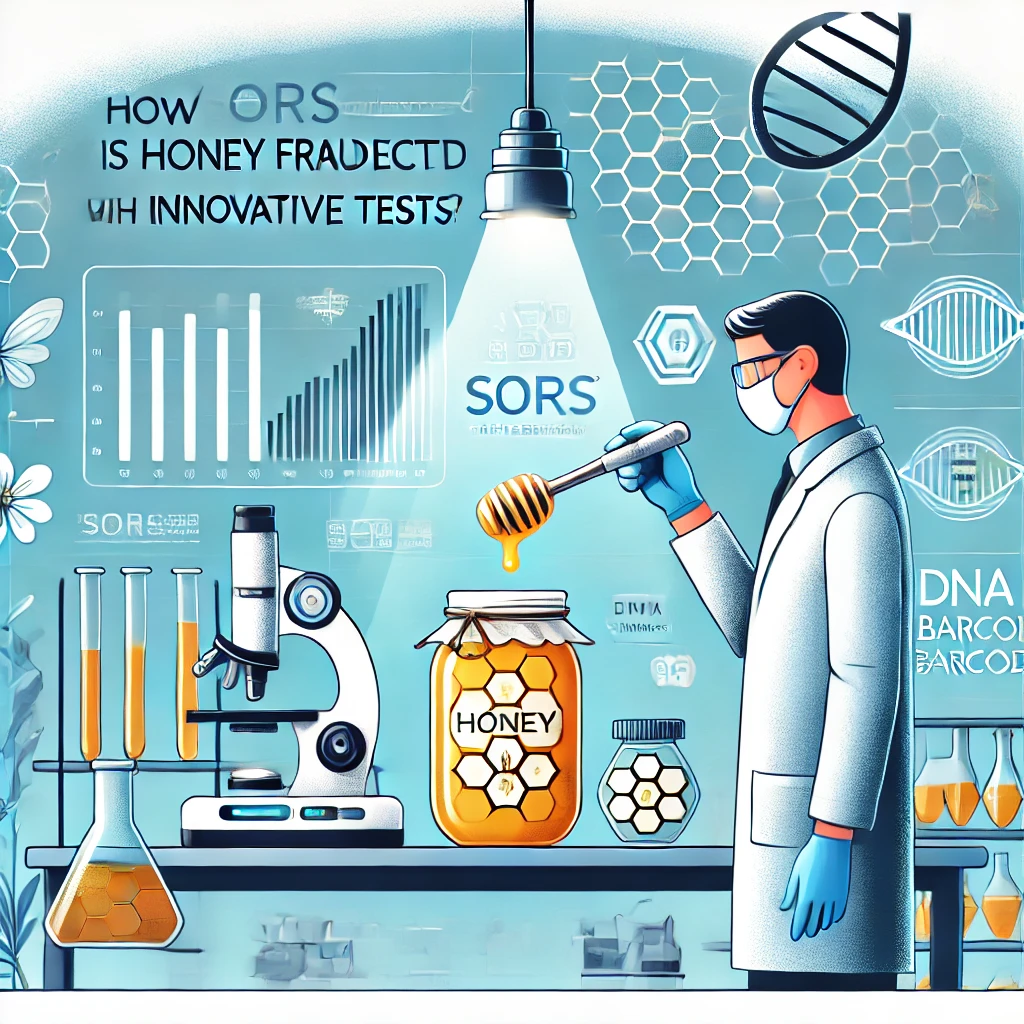
New Methods Developed at Cranfield University for Detecting Honey Fraud
Researchers led by Cranfield University have developed two new methods for detecting sugar syrup adulteration in honey. These methods include the SORS light analysis technique, which can detect fake honey without opening the jar, and DNA barcoding techniques used in honey. Both methods are capable of quickly and accurately detecting externally added sugar syrups in honey. These innovative tests facilitate the detection of adulterated honey, thereby enhancing consumer protection and verifying supply chains.
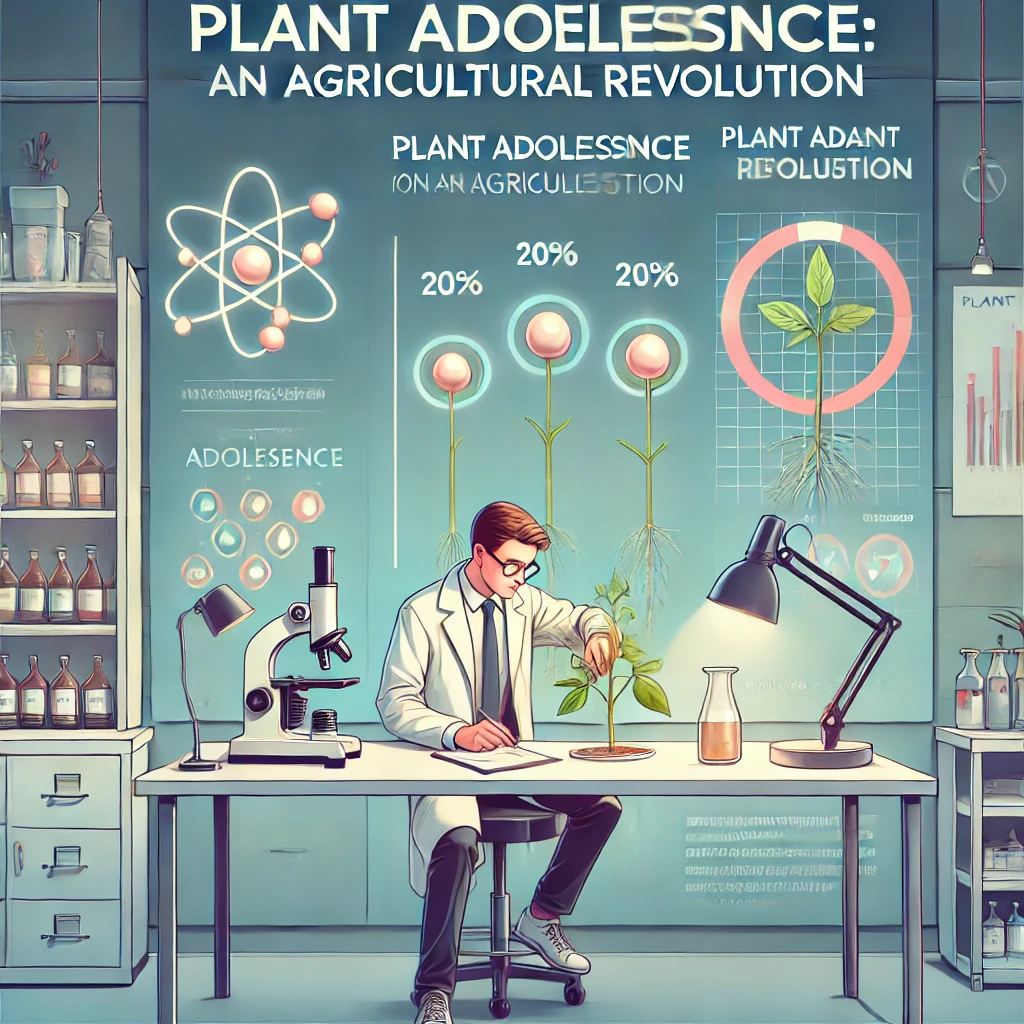
Groundbreaking Discovery at York University: Plants Undergo a Developmental Change Similar to Adolescence
Researchers at York University have discovered genetic changes that enable plants to undergo a developmental change similar to adolescence. This discovery shows that plants can redirect nutrients from their leaves to their reproductive organs earlier. This knowledge could help farmers optimize plant growth processes to produce more nutritious foods.
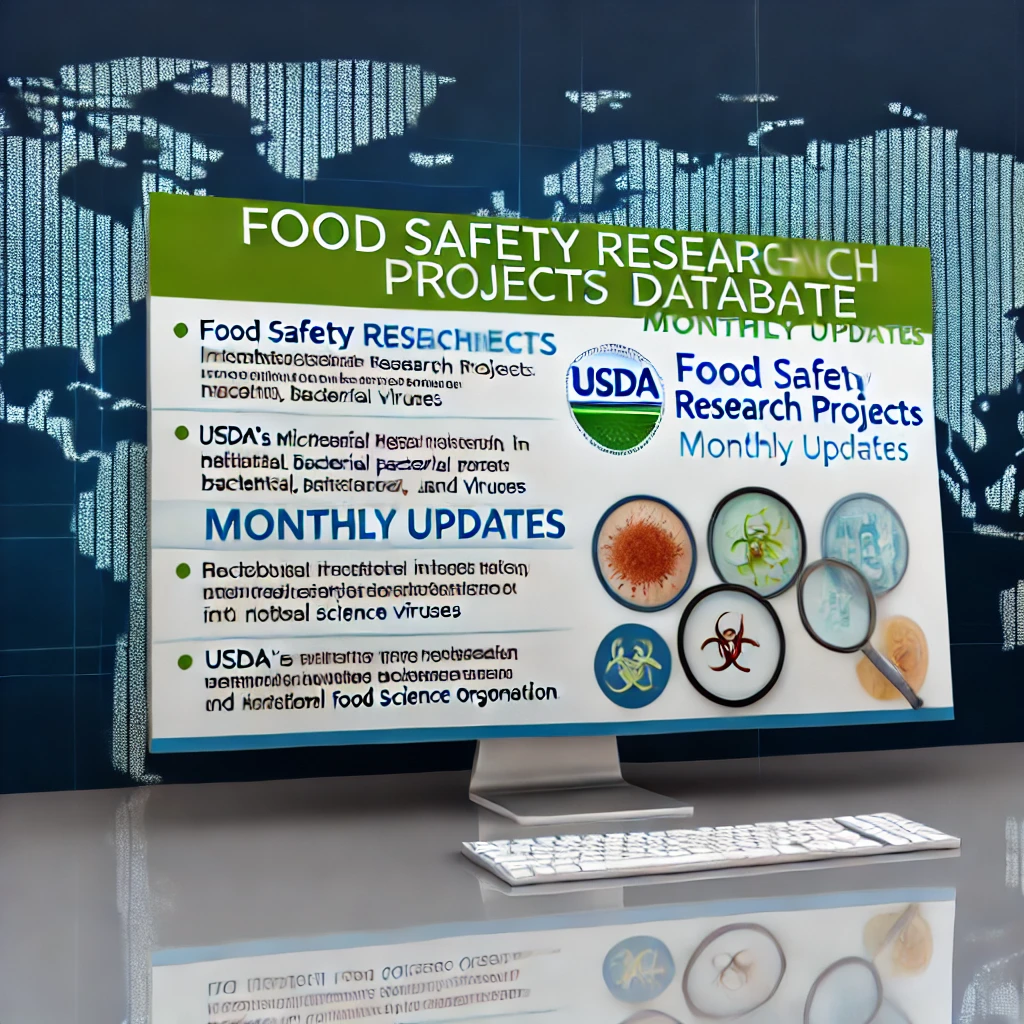
USDA’s Food Safety Research Database Highlights Trends in Microbiological Studies
The United States Department of Agriculture (USDA), through the Food Safety Research Information Office (FSRIO), provides a comprehensive resource via the Food Safety Research Projects Database. This application showcases trends in microbiological research and funded projects on bacterial pathogens and viruses. The database includes monthly updates on projects funded by national and international food science organizations.
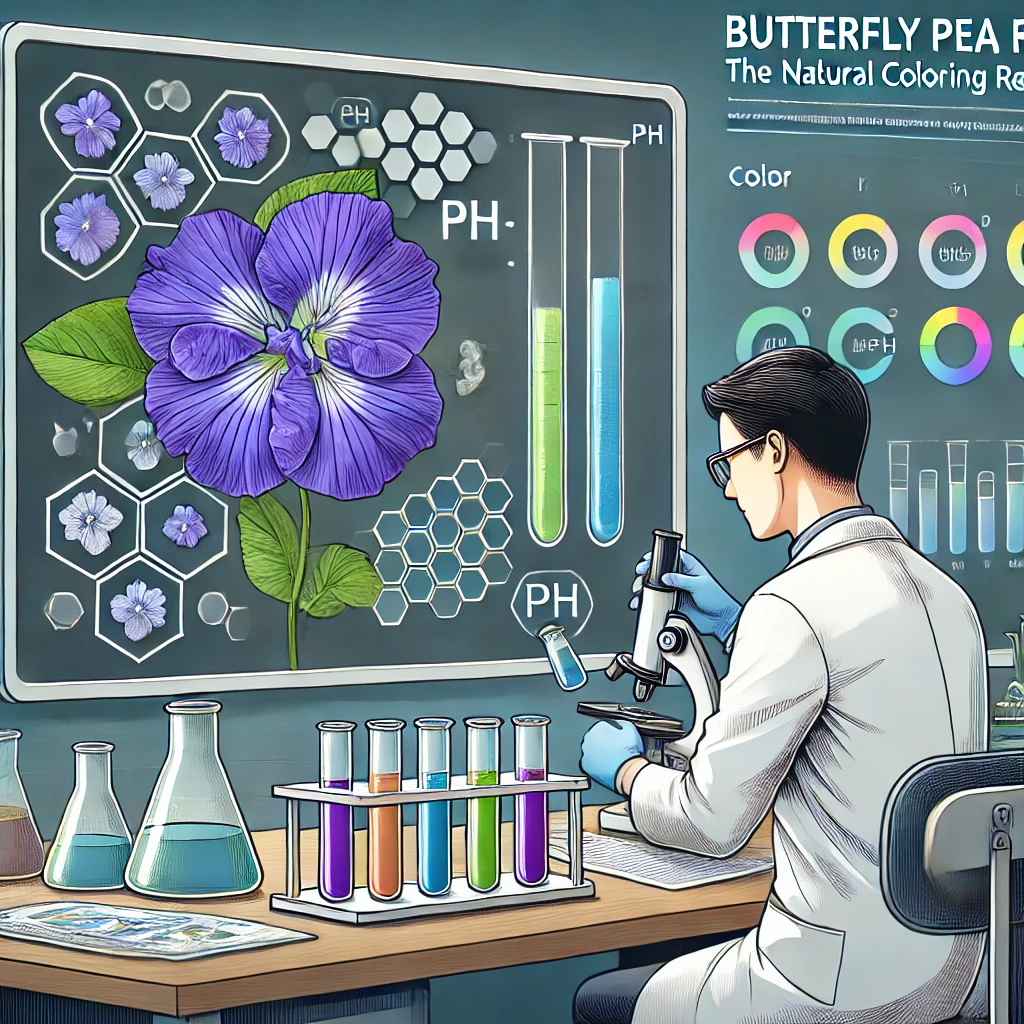
California Natural Color Introduces Butterfly Pea Flower to Its Portfolio
California Natural Color, a supplier of grape juice concentrates, natural colors, and grape seed extracts, has expanded its portfolio with the introduction of the pure purple butterfly pea flower. Native to Thailand, this plant’s flavorless and odorless leaves make it an ideal component for natural coloring. This new product offers an alternative to spirulina, previously provided to formulators and developers as a blue food coloring solution. Spirulina, a blue-green algae rich in vitamins, minerals, and protein, struggles with certain pH levels, making it challenging to work with. Butterfly pea flower uniquely provides vibrant purple hues in applications below pH 4 and blue tones above pH 4.
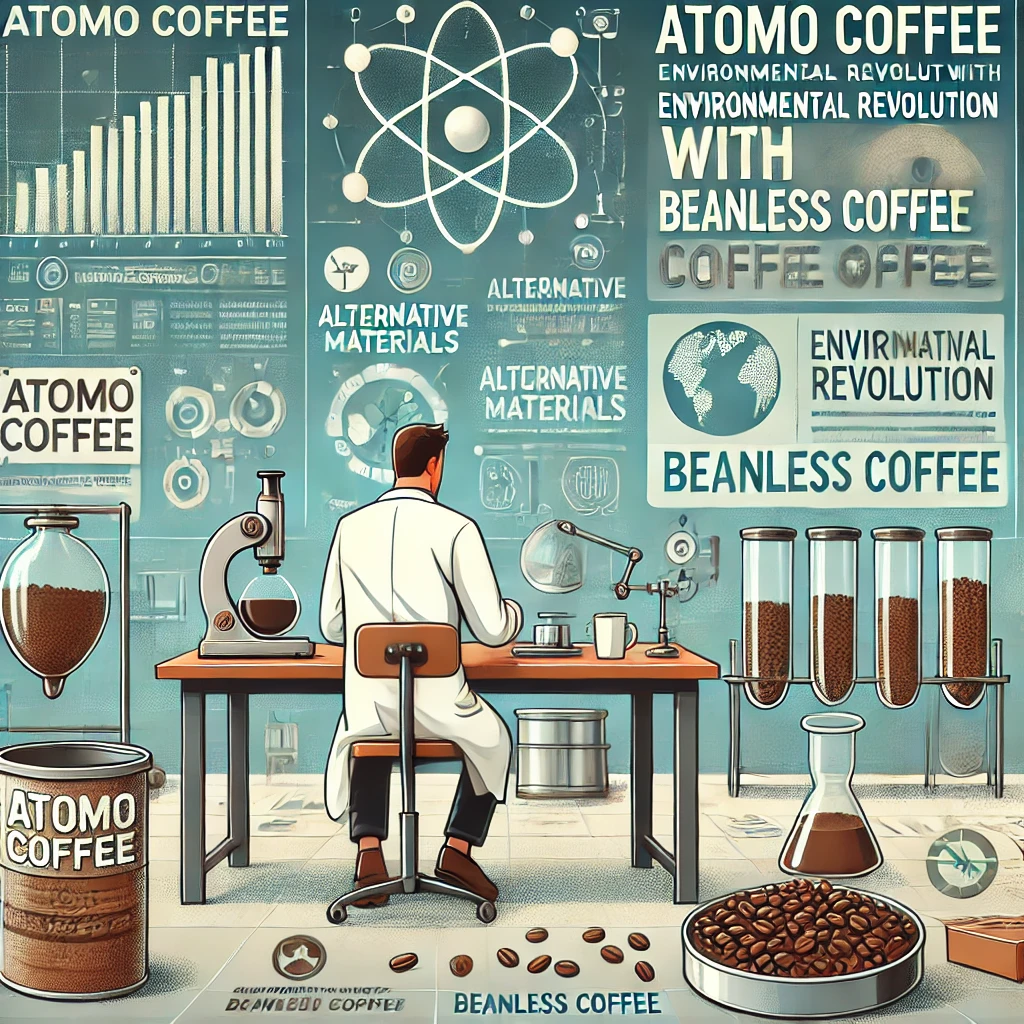
Atomo Coffee’s Beanless Coffee Revolution
U.S.-based Atomo Coffee is one of the few companies revolutionizing the coffee industry by producing beanless coffee, aiming to overcome sustainability and supply chain challenges. The company manufactures its beanless coffees using alternative ingredients such as date seeds, pea protein, and caffeine derived from green tea. According to Atomo’s environmental impact assessment, their coffee produces 83% less emissions and uses 70% less agricultural land compared to traditional coffee beans. This innovative product aims to reduce the environmental footprint in the coffee industry.

Rising Demand for Alternatives to Cocoa and Palm Oil as Vegan Chocolate Market Grows
The rising costs and environmental concerns associated with cocoa and palm oil production are driving demand for alternative fats. The global vegan chocolate market is expected to reach $2 billion by 2032, prompting chocolatiers to replace dairy powders, butter, cream, and whey powders. According to UCL University, high cocoa prices make alternatives inevitable. Alternative fats play a crucial role not only in mimicking industry components but also in offering enhanced functionality to prevent melting of chocolate products in hot climates.
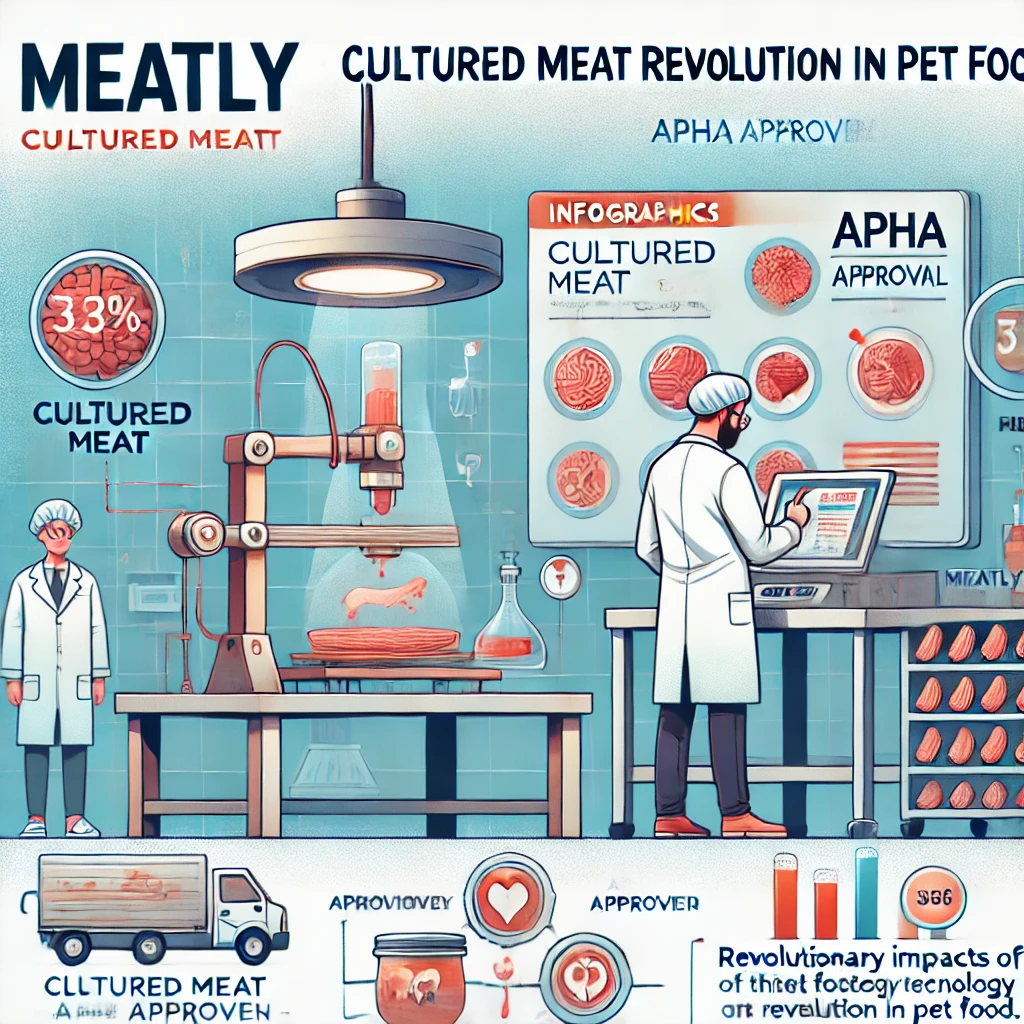
Meatly Revolutionizes Pet Food with Cultured Meat: First Approval in the UK
London-based Meatly has received the first approval in Europe and globally for pet food products made with cultured meat. Following the decision by the Animal and Plant Health Agency (APHA) on July 2nd, Meatly will be able to supply cultured meat to dog food manufacturers. This marks the first time that pet food containing lab-grown cultured meat is permitted for sale anywhere in the world.



